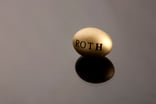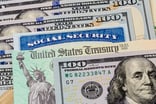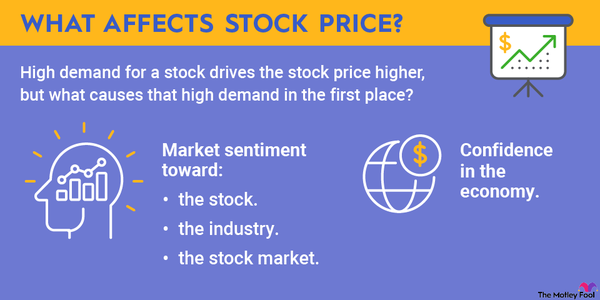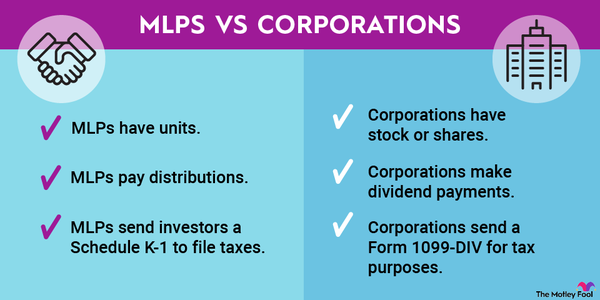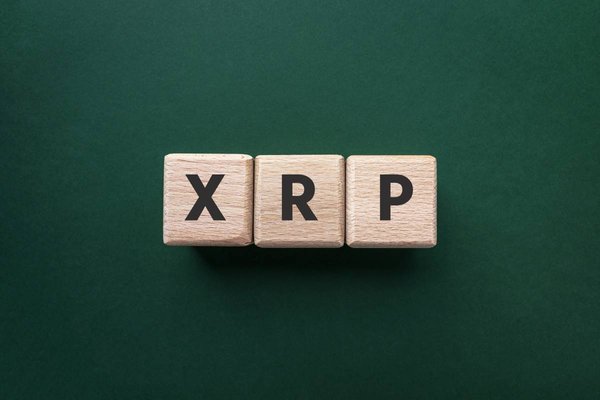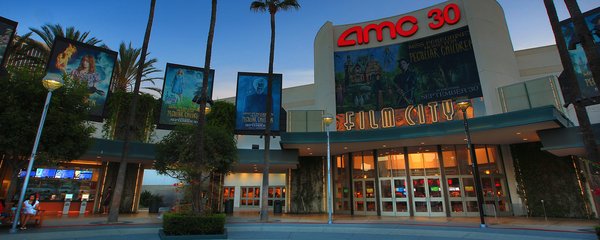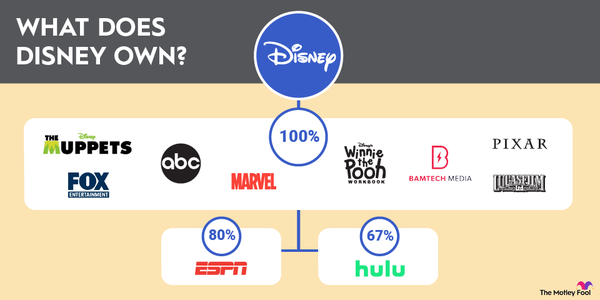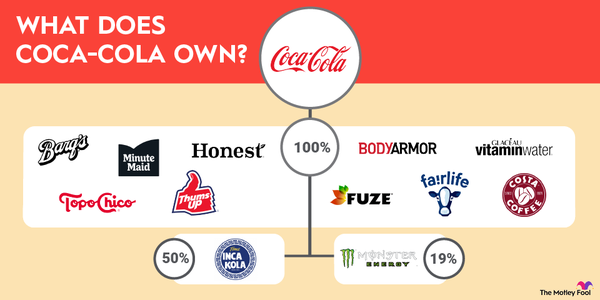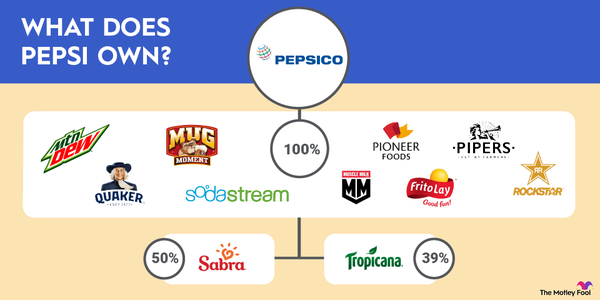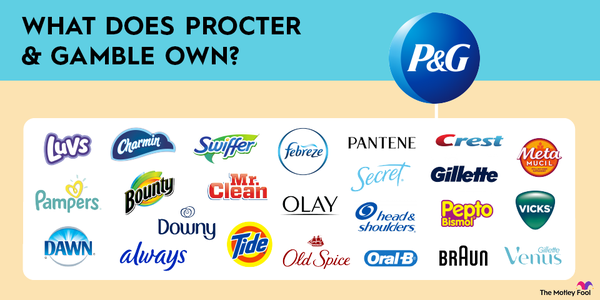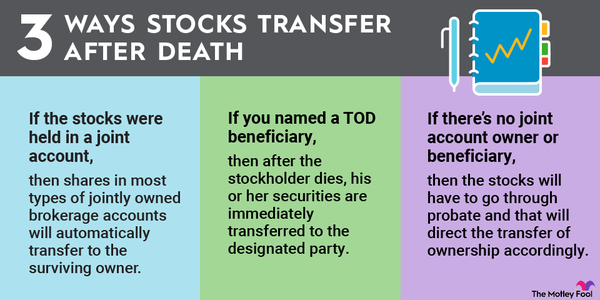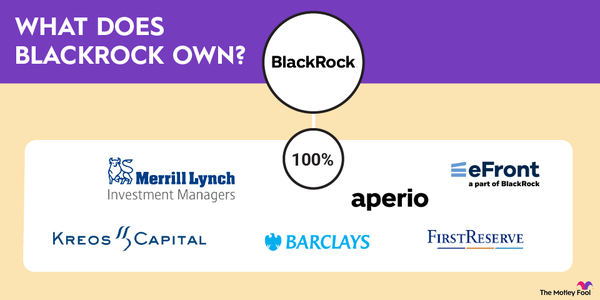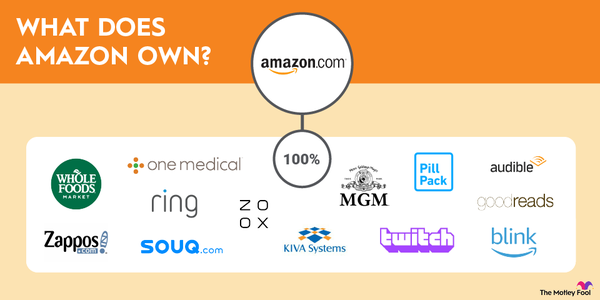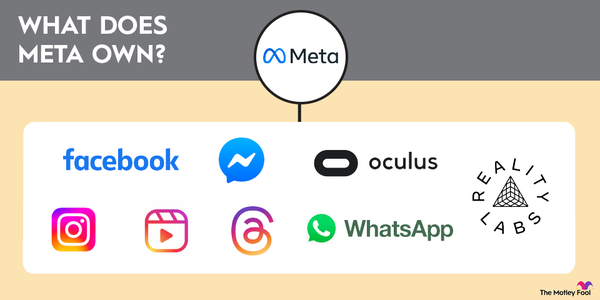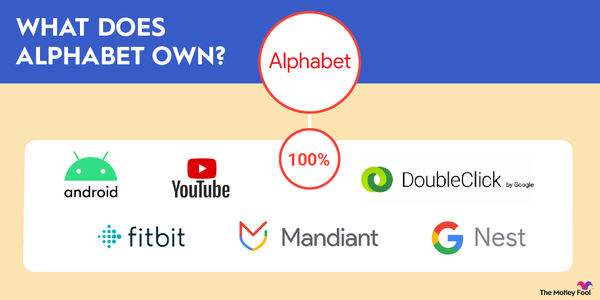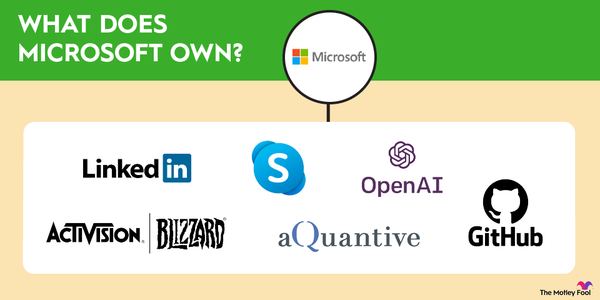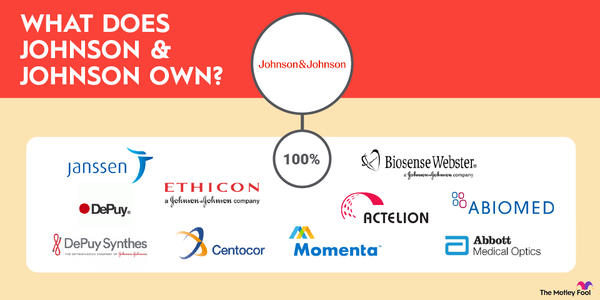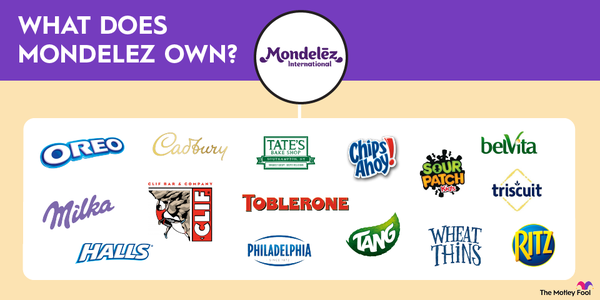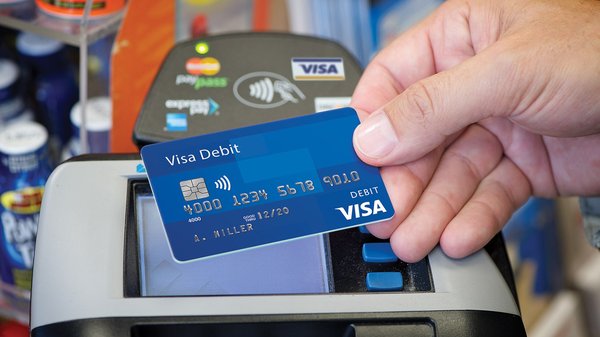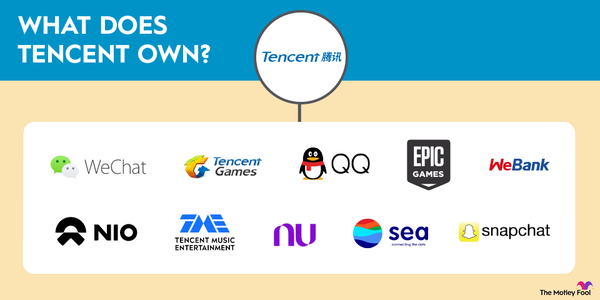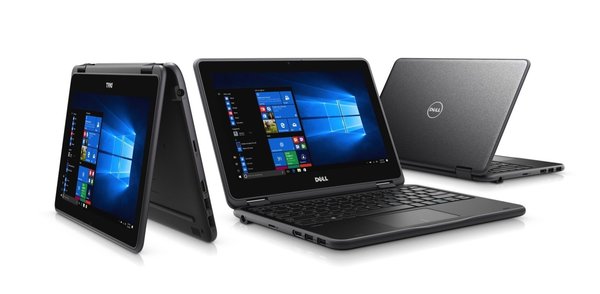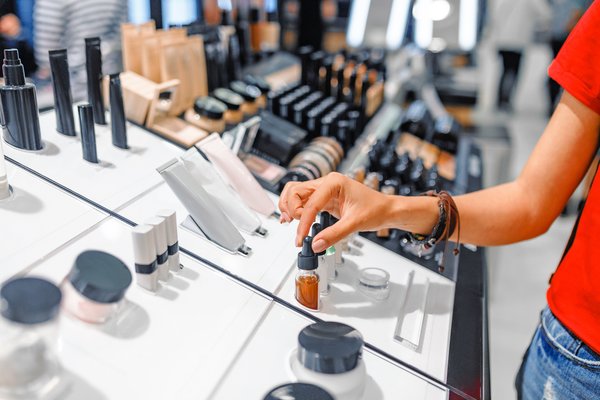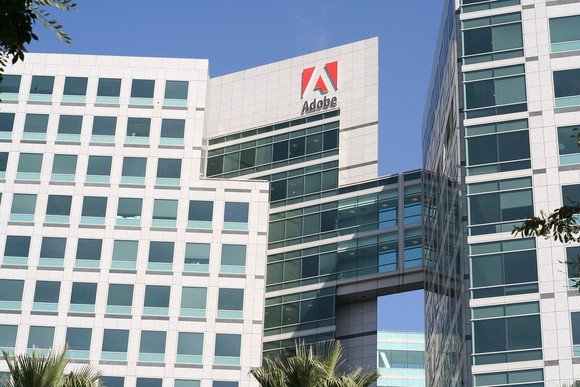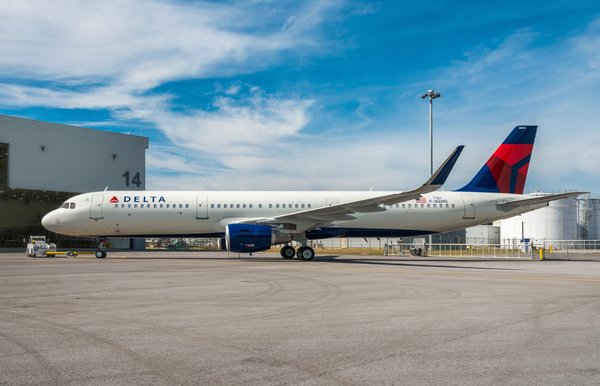Golden Goose is an Italian luxury footwear and apparel brand headquartered in Venice, Italy. The company is known for its signature sneakers, distinguished by a uniquely distressed look, a side star detail, and high-quality leather materials. The brand has become extremely popular with celebrity, millennial, and Gen Z shoppers, particularly in the U.S. and European markets.

Founded in 2000 by Alessandro Gallo and Francesca Rinaldo, Golden Goose's early collection was the Golden Boot. It was a reworking of traditional Texas boots and marked the company's official entry into the U.S. luxury consumer market.
In 2007, Golden Goose launched its signature sneakers, which remain among its top-selling products. The average pair of sneakers costs around $500 to $600, but many of its products come at a much higher price point.
Initially, Golden Goose relied on a wholesale model to sell its products. However, it transitioned from that model to selling direct-to-consumer in 2013, the same year it was acquired by private equity firm Style Capital Group.
Golden Goose opened its first retail store in Milan, Italy, in 2013. In 2015, the company was acquired by private equity investor Ergon Capital (now known as Apheon) and opened its first retail stores in the U.S. and French markets.
By 2017, almost two decades into its business story, Golden Goose was reporting revenues of 140 million euros ($148 million) and was acquired for a third time by global investment firm Carlyle Group. In 2020, Golden Goose was bought by Permira, a British global investment firm that focuses on buyouts, growth funds, credit funds, and equity funds.
Within two years, Golden Goose's annual revenue had jumped to 500 million euros ($528 million), and it had 180 stores. The company has garnered plenty of attention from investors eager to take a slice of the action. Many retail investors might be wondering whether or when they will get a chance to invest in the company. Here's a look at what you ought to consider if that opportunity comes to fruition.
Publicly traded?
Is Golden Goose publicly traded?
Golden Goose is not currently publicly traded. Permira, the private equity firm that owns Golden Goose, had planned to take the company public on June 21, 2024. However, the firm postponed the initial public offering (IPO) on Borsa Italiana, the Italian Stock Exchange, citing concerns over market volatility caused by ongoing political elections in Europe.
IPO
Golden Goose was not the first company to withdraw from an expected IPO due to the landscape of European parliamentary elections and the subsequent risk for publicly traded companies in the region's luxury sector. Permira noted it would consider reviving its IPO at some point in the future.
That said, a specific date had not been set as of late 2024. So, retail investors cannot buy shares of the company through their brokerage accounts yet.
When will it IPO?
When will Golden Goose IPO?
Although Golden Goose's IPO has been postponed for now, Permira could decide to take the company public in the future, and management has indicated its willingness to do so. However, as of late 2024, it had not set a new date for an IPO.
Permira will likely be closely watching the economic and political landscape in its core markets in the coming months as it mulls a prospective Golden Goose IPO. Before Permira scrapped the June 2024 IPO, it had intended to set Golden Goose's IPO price between 9.50 and 10.50 euros (between $10 and $11) per share.
Permira planned to sell about 10.5 million new shares and 43.6 million existing shares in the IPO. The company aimed for a post-IPO market capitalization (market cap) of approximately 1.86 billion euros ($2 billion). While that market cap would have been on the low end of prior expectations, the IPO would still have been one of the largest ever to occur on the Borsa Italiana.
How to buy
How to buy Golden Goose stock
As of late 2024, Golden Goose does not have another attempt scheduled on the IPO calendar. However, investors can still buy shares of top footwear and apparel stocks, both in and outside the luxury sector, to gain exposure to some of the markets Golden Goose seeks to capture.
Growth in the luxury sector has slowed after numerous years of superior returns in the post-pandemic landscape. The slowdown in the COVID-19 pandemic spending boom, high prices in the luxury sector (even for luxury shoppers), a luxury spending slump by Chinese consumers (who have historically been key drivers of growth in the luxury sector), and continued geopolitical and economic uncertainties are affecting many companies in this space.
According to consultant Bain and Company, sales of personal luxury goods are set to fall 2% in 2024. This will make 2024 one of the weakest on record for luxury spending. These factors will take time to improve, but investors with a long-term buy-and-hold horizon can still find plenty of intriguing alternatives to invest in the industry in which it operates. Here are just a few choices to consider.
1. LVMH Moët Hennessy
LVMH Moët Hennessy (LVMUY 0.37%) is known for its extensive luxury goods portfolio, which features everything from wine and spirits to premier fashion, leather goods, footwear, perfume, cosmetics, and watches. Its family of brands includes well-known names such as Louis Vuitton, Moët Hennessy, Dior, Givenchy, Fendi, Celine, Kenzo, Tiffany, Bulgari, and Loewe.
It controls 75 brands that delivered 86.2 billion euros ($91 billion) in revenue in 2023, with profits from recurring operations of 22.8 billion euros ($24.1 billion). Despite short-term headwinds, luxury has proven to be a durable sector to invest in through the years.
LVMH has been no exception. In the first nine months of 2024, the luxury conglomerate delivered revenue of 60.8 billion euros (64.2 billion), a slight 2% decrease from its performance in the same period in 2023.
Revenue
2. Burberry Group
Burberry Group (BURBY 1.05%) is a luxury fashion house founded by Thomas Burberry in 1856. The company is headquartered in London and is known as a quintessential British luxury brand. The brand is famous for its trench coats, but it also sells a wide range of other luxury products, including footwear, clothing, and accessories.
An uncertain macroeconomic environment and changes in luxury spending over the last 12 to 18 months have affected Burberry's business, too. However, the company recently announced a new strategy to focus on getting back to profitability through sales of signature items, like scarves and trench coats.
In the 26 weeks ended on Sept. 28, 2024, Burberry Group reported total revenue of 1.1 billion pounds ($1.2 billion), a double-digit decline from the comparable period the prior year. It also reported an operating loss of 53 million pounds ($56 million) compared to a profit of 223 million pounds ($235 million) one year ago. However, it reported 184 million pounds ($194 million) of free cash flow for the nine-month period.
3. Adidas
German company Adidas (ADDYY 0.74%) is one of the largest sportswear manufacturers in the world, second only to Nike (NKE -0.21%). Adidas controls around 16% of the global athletic footwear market.
Adidas is a direct competitor to Golden Goose in the global sneaker market, where the Italian company is also looking to expand. Adidas' popular lineup of sneakers can present a more affordable alternative to consumers seeking fashionable but practical footwear, and that is lending resilience in an otherwise turbulent economic landscape.
In the third quarter of 2024, Adidas reported that currency-neutral sales were up 10%, while the flagship Adidas brand grew 14% from the year-ago period. The company reported net income from continuing operations of 469 million euros ($495 million), while operating profits totaled 598 million euros ($631 million).
Buying guide
A step-by-step guide to buying shares
If you want to buy shares of any of the aforementioned companies or otherwise gain exposure to the luxury and/or footwear markets, here are the steps you'll need to follow.
- Open your brokerage app: Log in to your brokerage account where you handle your investments.
- Search for the stock: Enter the stock ticker or company name into the search bar to bring up the stock's trading page.
- Decide how many shares to buy: Consider your investment goals and how much of your portfolio you want to allocate to this stock.
- Select the order type: Choose between a market order to buy at the current price or a limit order to specify the maximum price you're willing to pay.
- Submit your order: Confirm the details and submit your buy order.
- Review your purchase: Check your portfolio to ensure your order was filled as expected and adjust your investment strategy accordingly.
Before you purchase shares in any investment you consider adding to your portfolio, you should do your research. Make sure you understand the business's risks and prospects, how it makes money, and whether it aligns with your overall investment objectives.
You should also determine what circumstances would cause you to sell the stock. With any investment you make, you should look at a minimum buy-and-hold horizon of three to five years.
It's also a good idea to aim to diversify your portfolio across 25 or more stocks that represent various industries or sectors. This will ensure you don't have too much overt exposure to a particular space and enable you to experience various portfolio growth tailwinds.
Profitability
Is Golden Goose profitable?
Golden Goose isn't publicly traded, so it isn't subject to the same financial disclosures as a publicly traded entity. However, Golden Goose started reporting financials earlier in 2024 in anticipation of its IPO. Therefore, investors have some concrete financial figures to look at, even if a public offering is not a likely near-term event.
Gross Profit
Golden Goose has been profitable every year since 2021. For full-year 2023, the luxury footwear and apparel company reported a net income of 49 million euros ($52 million). It reported a net income of 46.4 million euros ($49.0 million) in 2022 and 87.6 million euros ($92.5 million) in 2021.
Should I invest?
Should I invest in Golden Goose?
Because Golden Goose is not publicly traded, you can't invest in it currently. However, for investors watching this company in anticipation of a potential run at another IPO in the next few years, there are some points worth mentioning.
Golden Goose is building a track record of consistent profitability, even though net income has fluctuated significantly for the years that the company has released financial statements. On the flip side, revenue has grown steadily. In 2023, Golden Goose reported revenue of 587.2 million euros ($620.0 million), up 17% from the prior year.
Looking at the first nine months of 2024, Golden Goose brought in revenue of 466 million euros ($492 million), a 12% year-over-year increase. Selling direct-to-consumer continues to be an integral aspect of Golden Goose's growth strategy. Currently, 74% of revenues are derived from direct-to-consumer sales, while 50% are derived from repeat customers.
Golden Goose says that 48% of brand awareness comes from word of mouth rather than traditional advertising strategies. The company also attracts loyal customers through initiatives like its co-creation experiences, which allow buyers to customize their sneakers online or in-store.
Unfortunately, you can't invest in Golden Goose at the time of this article. However, buying shares in companies with exposure to the luxury and/or footwear categories can present a favorable alternative.
ETF options
ETFs with exposure to Golden Goose
By investing in an exchange-traded fund (ETF), investors can gain exposure to companies similar to Golden Goose while enjoying instant diversification to other brands and companies. There are numerous ETFs worth considering that hold shares of companies like or adjacent to LVMH, Burberry Group, or Adidas.
Exchange-Traded Fund (ETF)
For example, if you want to gain exposure to a footwear brand like Adidas along with many other companies in various sectors, ETFs such as the Schwab International Equity ETF (SCHF -0.16%) and the iShares Core MSCI EAFE ETF (IEFA -0.27%) could be good options.
If you want exposure to the luxury industry through various funds holding companies in this space, you might want to consider a mutual fund, such as the EuroPacific Growth Fund (NASDAQ:AEPGX).
The bottom line on Golden Goose
Alternatives for investors looking at Golden Goose include stocks operating in the same or a parallel industry or ETFs comprising luxury goods and footwear brands. (Bear in mind that many luxury stocks are listed on foreign exchanges.)
Investing in individual stocks in the luxury space may not align with some investors’ risk tolerance preferences. An ETF can present a great option for diversifying into luxury goods stocks while also becoming part owner in other companies.
Related investing topics
Golden Goose isn't currently publicly traded, so individual investors can't buy shares of the luxury Italian footwear and apparel company. However, the company could eventually go public once conditions for luxury stocks turn more favorable.
If that happens, prospective investors should carefully consider the company's profitability and valuation, which would be key drivers of its stock price in the future.
FAQ
Investing in Golden Goose FAQ
How much is the Golden Goose IPO worth?
Golden Goose isn't publicly traded, and its owner postponed a previously planned IPO in June 2024. At the time, it was estimated that the IPO could raise Golden Goose's market capitalization to just shy of 2 billion euros ($2.1 billion).
What company owns Golden Goose?
Various private equity firms have owned Golden Goose through the years. Its current majority owner is Permira, a British global investment firm.
Is Golden Goose considered luxury?
Yes, Golden Goose is considered a luxury Italian brand. Price points for its footwear and apparel range from hundreds to thousands of dollars per item, but the company is known for its signature distressed leather sneakers of varying designs and colors.
Who are Golden Goose's investors?
Golden Goose is majority owned by investment firm Permira. If it goes public in the future, individual investors could also become part owners.


![Trump at White House podium. Official White House Photo by D. Myles Cullen. [MConverter.eu]](https://g.foolcdn.com/image/?url=https%3A%2F%2Fg.foolcdn.com%2Feditorial%2Fimages%2F801349%2Ftrump-at-white-house-podium-official-white-house-photo-by-d-myles-cullen-mconvertereu.jpg&op=resize&w=184&h=104)
